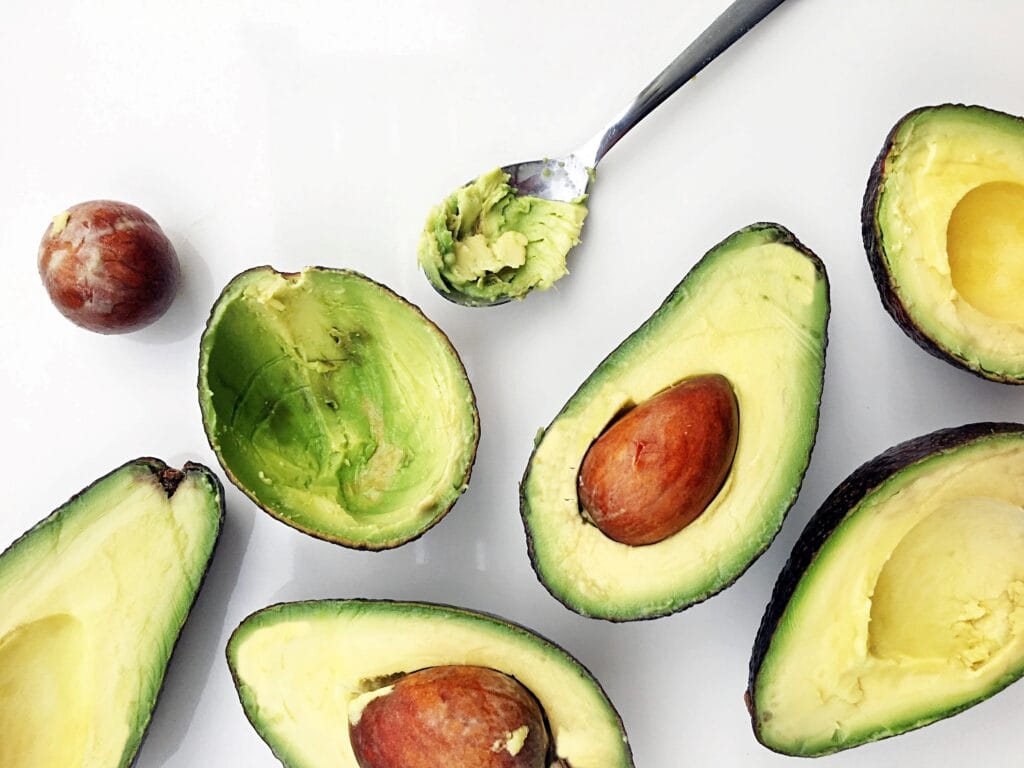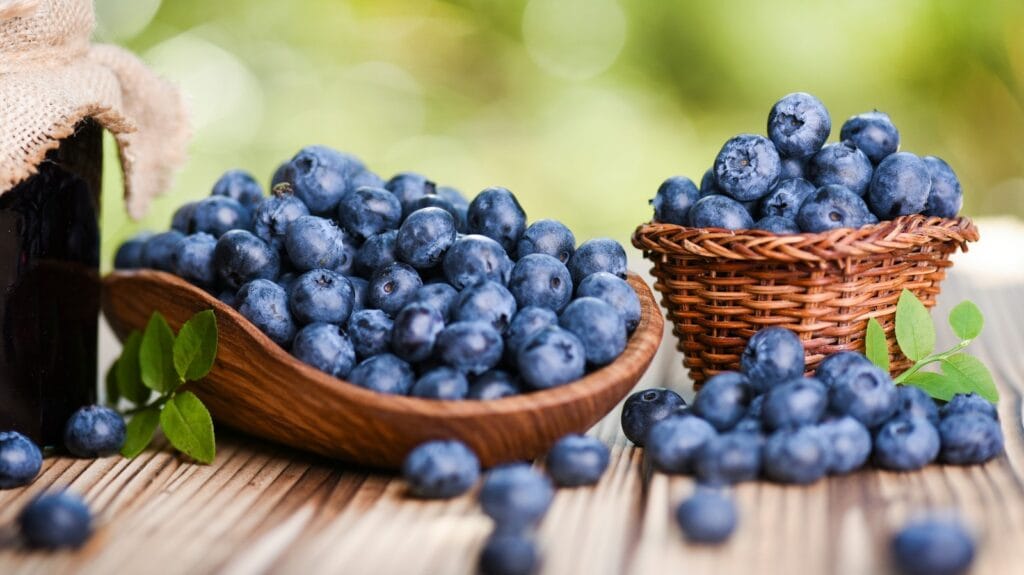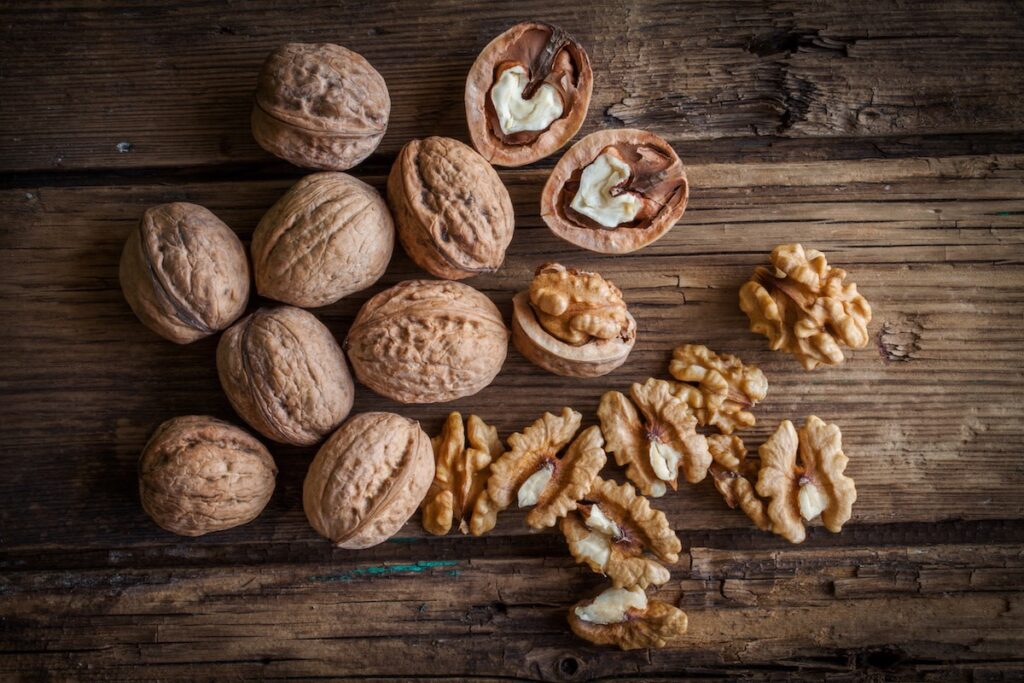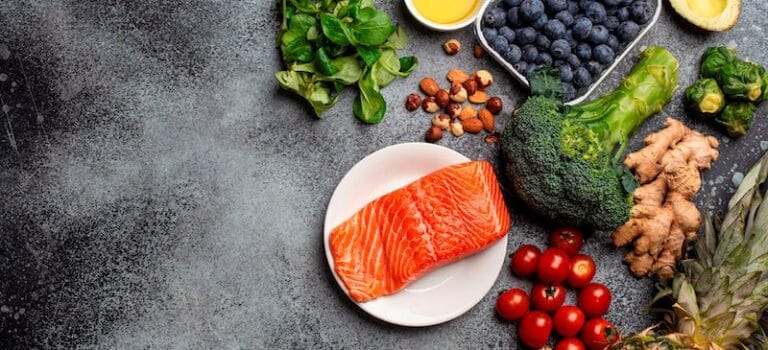Introduction
In recent years, inflammation has become a buzzword in health and wellness—and for good reason. While short-term inflammation is the body’s natural defense against infections and injuries, chronic low-grade inflammation is now linked to serious conditions like heart disease, diabetes, arthritis, and even accelerated aging.
The exciting news? Science in 2025 confirms that what you eat plays a powerful role in controlling inflammation. Certain anti-Inflammatory foods can calm your immune system, reduce oxidative stress, and even protect you from chronic disease.
In this article, we’ll explore 10 doctor-recommended, science-backed anti-inflammatory foods, how they work inside your body, and simple tips to include them in your daily meals.
🥑 1. Avocados – The Healthy Fat Hero

- Why they work: Avocados are rich in monounsaturated fats, fiber, potassium, and antioxidants. These compounds reduce inflammation by lowering markers like CRP (C-reactive protein).
- Science says: A 2024 Harvard study found that eating two servings of avocado per week reduced cardiovascular inflammation risk by 21%.
- How to eat: Slice on toast, blend into smoothies, or toss into salads for a creamy nutrient boost.
🫚 2. Turmeric – Nature’s Golden Healer

- Why it works: The compound curcumin in turmeric is a powerful anti-inflammatory and antioxidant. However, it absorbs poorly on its own.
- Science says: Combining turmeric with black pepper (piperine) increases curcumin absorption by 2000%, making it much more effective.
- How to eat: Stir turmeric into curries, soups, or make a soothing golden milk latte.
🫐 3. Blueberries – The Brain & Heart Protector

- Why they work: Blueberries contain anthocyanins, antioxidants that calm inflammation, support brain function, and reduce oxidative stress.
- Science says: A 2023 UK clinical trial showed that daily blueberry intake improved vascular health and lowered blood pressure in middle-aged adults.
- How to eat: Add a handful to your oatmeal, yogurt, or smoothies.
4.Olive Oil-The Mediterranean Secret

- Why it works: Extra virgin olive oil contains oleocanthal, which has an anti-inflammatory effect similar to ibuprofen.
- Science says: Mediterranean diet followers, who consume high amounts of olive oil, consistently show lower inflammatory markers and longer life expectancy.
- How to eat: Use as a salad dressing, drizzle on vegetables, or swap for butter in cooking
5. Fatty Fish – The Omega-3 Powerhouse

- Why it works: Salmon, sardines, and mackerel are rich in omega-3 fatty acids (EPA & DHA), which reduce inflammation at a cellular level.
- Science says: Omega-3s lower the risk of arthritis, heart disease, and cognitive decline. Inflammation markers like IL-6 drop significantly with regular fish intake.
- How to eat: Aim for two servings per week of fatty fish—grilled, baked, or canned in water.
6. Walnuts – The Crunchy Anti-Inflammatory Snack

- Why they work: Walnuts contain plant-based omega-3s (ALA), polyphenols, and magnesium. Together, these nutrients reduce inflammation and support gut health.
- Science says: A 2025 study revealed that walnut eaters had lower CRP levels and improved gut microbiome diversity, which further reduces inflammation.
- How to eat: Snack on a handful daily, sprinkle over salads, or add to oatmeal.
7. Tomatoes – The Lycopene Champion

- Why they work: Tomatoes are packed with lycopene, a powerful antioxidant linked with reduced systemic inflammation.
- Science says: Lycopene absorption increases when tomatoes are cooked and paired with olive oil—making pasta sauce a surprisingly healthy option.
- How to eat: Enjoy roasted cherry tomatoes, tomato soup, or a homemade sauce.
8. Green Tea – The Metabolism Booster

- Why it works: Green tea contains EGCG (epigallocatechin gallate), a polyphenol that reduces inflammation, supports brain health, and protects against cancer.
- Science says: Long-term green tea drinkers show lower risks of Alzheimer’s, diabetes, and obesity-related inflammation.
- How to drink: Replace sugary sodas with 1–2 cups of green tea daily.
9. Leafy Greens – The Cellular Defender

- Why they work: Spinach, kale, and collard greens are loaded with vitamins A, C, K, magnesium, and antioxidants, all crucial for reducing oxidative stress.
- Science says: A diet rich in leafy greens is linked with slower cognitive decline and lower risk of inflammatory diseases.
- How to eat: Add to smoothies, stir-fries, or omelets for a nutrient boost.
10. Chili Peppers – The Spicy Anti-Inflammatory

- Why they work: Chili peppers contain capsaicin, which reduces inflammation and boosts metabolism.
- Science says: Studies show that regular chili pepper eaters have lower mortality rates from heart disease and respiratory conditions.
- How to eat: Sprinkle chili flakes into soups, marinades, or roasted vegetables.
Key Takeaways
- Chronic inflammation is linked to diseases like arthritis, diabetes, and heart problems.
- Foods like fatty fish, olive oil, blueberries, and turmeric are proven to reduce inflammation.
- The best results come from a balanced lifestyle—healthy diet, good sleep, exercise, and stress management.
❓ FAQs
Q1: What is the single most powerful anti-inflammatory food?
➡ Fatty fish, because omega-3s directly lower inflammatory markers.
Q2: How quickly will I feel the benefits?
➡ Many people notice improved energy and reduced pain within 3–6 weeks of consistent intake.
Q3: Can supplements replace these foods?
➡ Whole foods are best. Supplements like fish oil or turmeric can help but should not replace a healthy diet.
✅ Final Thoughts
Inflammation is silent but powerful—it can slowly damage your health if left unchecked. The good news is that your kitchen holds some of the best natural medicines. By making small daily changes—adding blueberries to your breakfast, swapping butter for olive oil, or sipping green tea instead of soda—you’ll notice long-term improvements in your health, energy, and vitality.
If you want to feel younger, stronger, and more resilient in 2025, start with these 10 anti-inflammatory foods.



